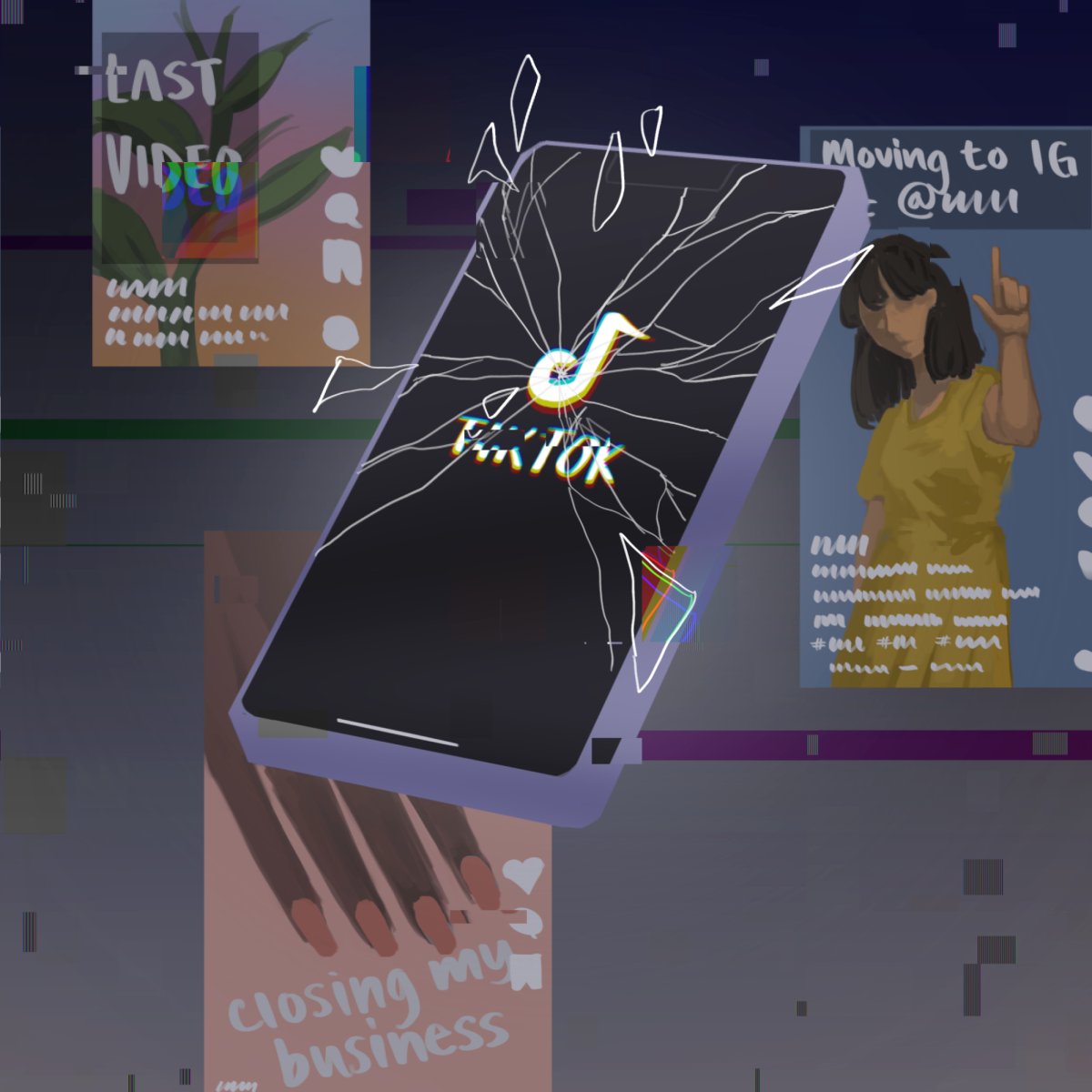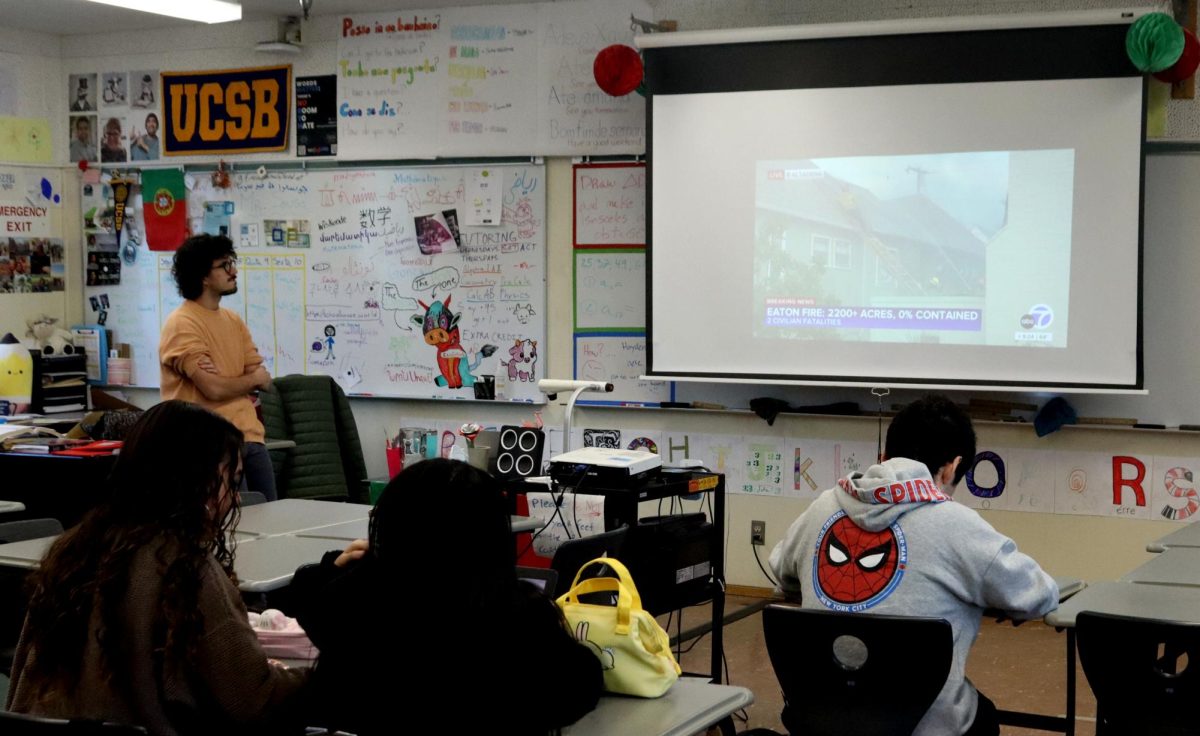On March 13, the U.S. House of Representatives passed a bill requiring TikTok’s Chinese parent company, ByteDance, to either sell TikTok to an American company or ban the platform in all regions of the U.S. This has left millions of users, many of which are teenagers, distraught about the possibility of a sudden loss of their favorite social media platform.
While the ban may have been intended to halt the concerns about data privacy and security, it also fails to address the larger issue of surveillance and data collection that all major U.S.-based social media companies have been alleged with. The ban singles out TikTok for surveillance issues when many American-owned platforms such as Instagram and Facebook have faced similar accusations of privacy breaches and data collection.
For many teenagers, TikTok is a space where they can freely express themselves, explore their creativity and connect with others in bite-sized short videos. The ban represents a disconnection from a global community and social lives that they may not experience anywhere else. This overlooks the fact that many social media platforms offer similar short-formed content experiences, such as Instagram Reels and YouTube Shorts. Rather than protecting users’ data, the ban serves to shift TikTok’s audience to these alternative platforms that could bring up the very concerns it seems to address.
The potential ban of TikTok serves as a threat to those who have built their online presence on the platform. The ban will force many influencers, content creators and business owners to move social media platforms, causing them to lose followers and start anew. A restart on a new platform may disrupt the income of those who have made a living on TikTok and rely solely on the income made from the platform. The people affected by this ban should advocate their discontent with the ban to keep the platform safe from eradication.
Small business owners are at high risk of losing potential customers and income from a lack of publicity that comes with losing a platform to promote with. Businesses share the same fear of losing followers and having to promote to a new audience with creators on the platform. If TikTok fails to stay in the U.S., people will lose the ability to upstart businesses and make themselves known.
Before the House of Representatives voted in favor of the bill’s passage, TikTok alerted users to contact their local representatives to prevent the app from shutting down. This stark push from TikTok is a necessary step for teens who enjoy the app who wish for it to remain on their devices. Now, with an anticipated Senate vote, the app, and teens alike, are pushing for their senator to keep TikTok after President Joe Biden has signaled that he would support the app’s ban.
TikTok has proved itself to be a platform that allows free expression and allows others to create a presence on the platform. Banning TikTok would upset the teen audience and millions of content creators. Teens and users alike must now voice to their senator and share a similar discontent to prevent the potential ban of TikTok, as the app has made an impactful effect that is worth keeping.









